Blog
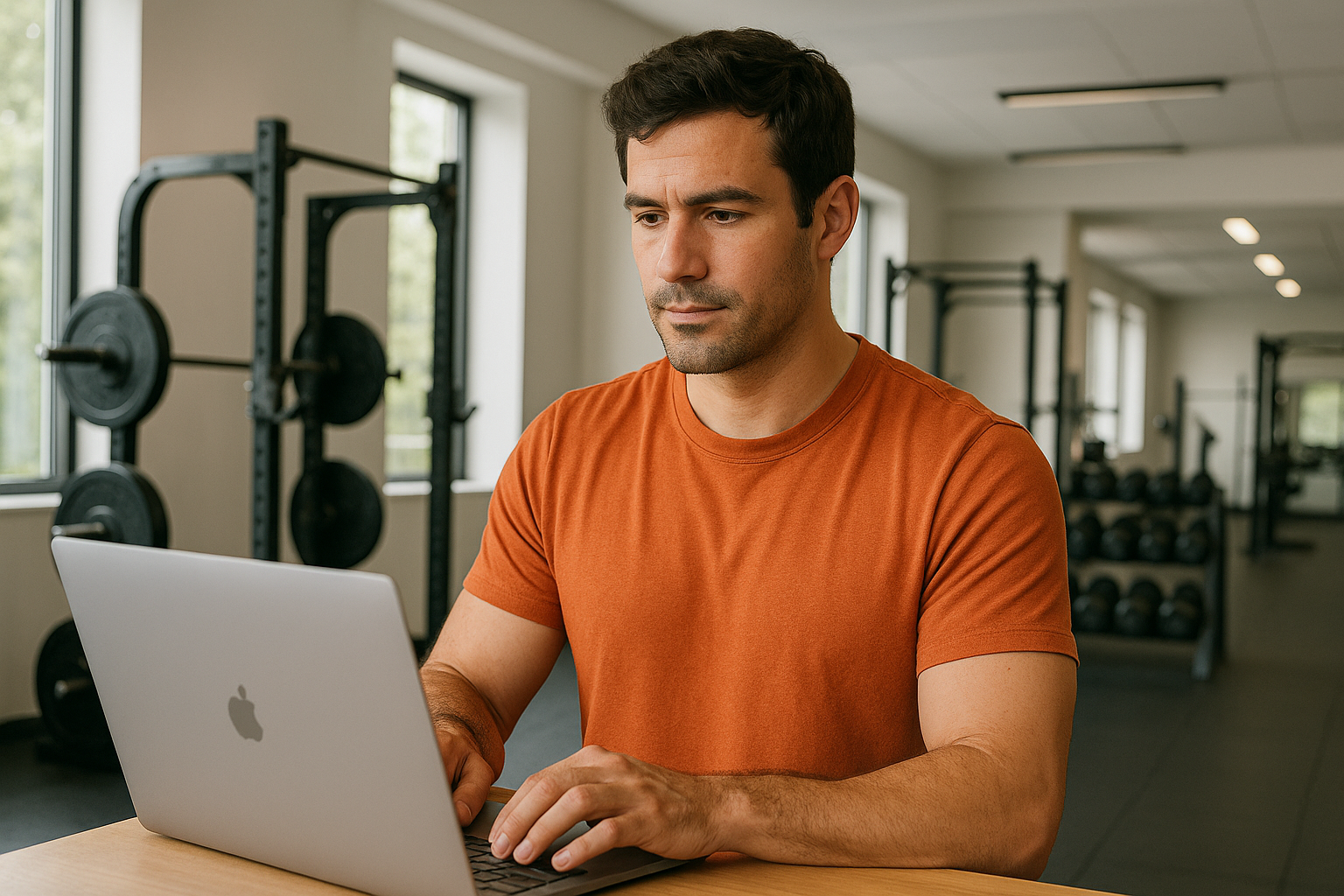
5 Top Reasons to Choose Virtuagym
If you've decided your current gym management software isn't up to par, now it's the best time to switch to Virtuagym. Why? Read all the benefits here.

Top 10 fitness entrepreneurs and how to become one of them
Here we'll take a look at some of the top fitness entrepreneurs. So if you're thinking of starting your own fitness business, read on!

How to combine fitness software tools in an all-in-one software
One software to manage your fitness business

7 Fitness Summer Tips for Gym Owners and Club Managers
Discover 7 summer fitness tips to attract new members to your gym, keep current ones engaged, and make your gym thrive during the summer.

Click to Cancel Gym Memberships: What You Need to Know
Click to Cancel rule: memberships cancellation made easy
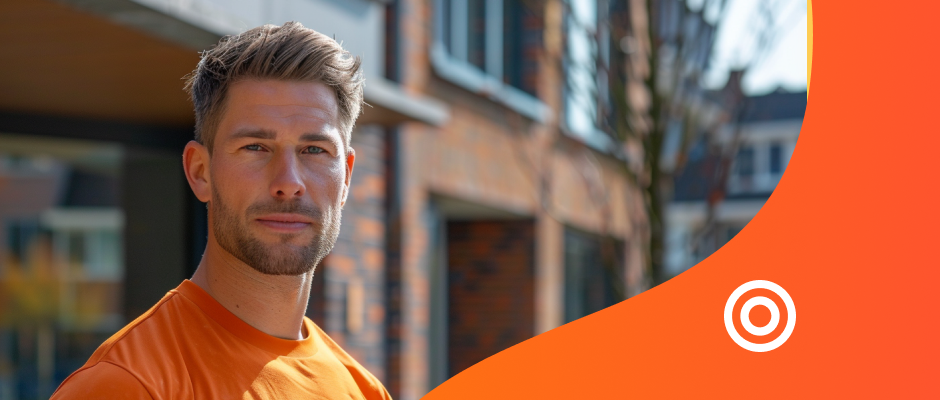
Save Time Software: Run a Smarter Gym with Business Analytics
Smarter gyms run on real-time data, not guesses

Boost member retention with your own mobile app branding
Boost retention with branded fitness apps
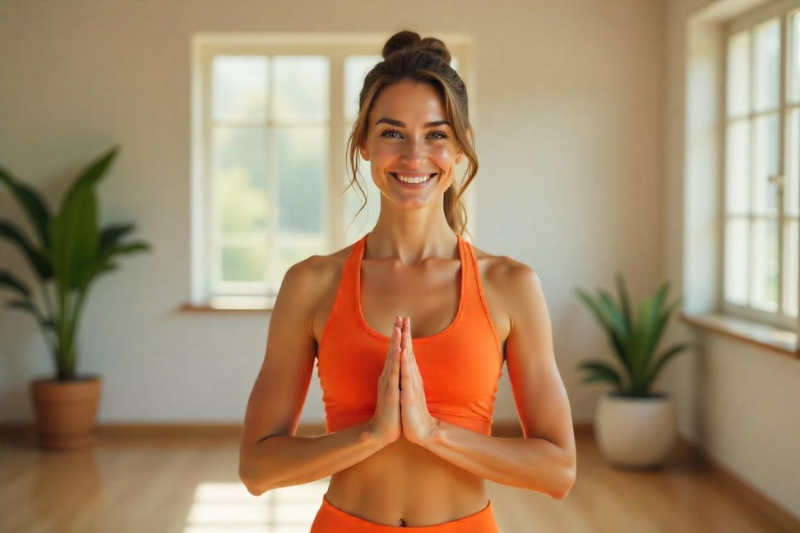
Best Yoga Studio Software of 2025 (Tested by Teachers)
Tired of juggling yoga class schedules, payments, and check-ins manually? This guide compares the best yoga studio software to help you simplify and grow.

How to optimize gym operations with software
Learn what gym management software can do, how gyms successfully use it and which features matter most.
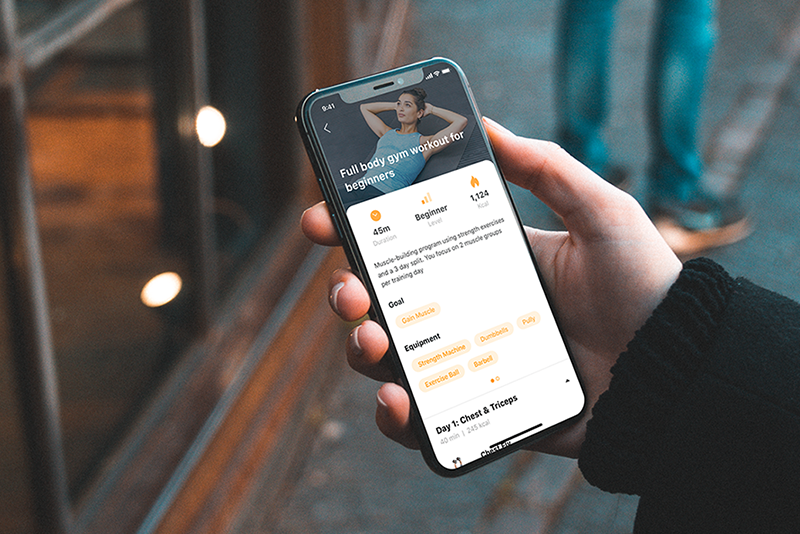
Why Use a Fitness App in Your Gym or Studio
Fitness apps boost retention, revenue, and efficiency
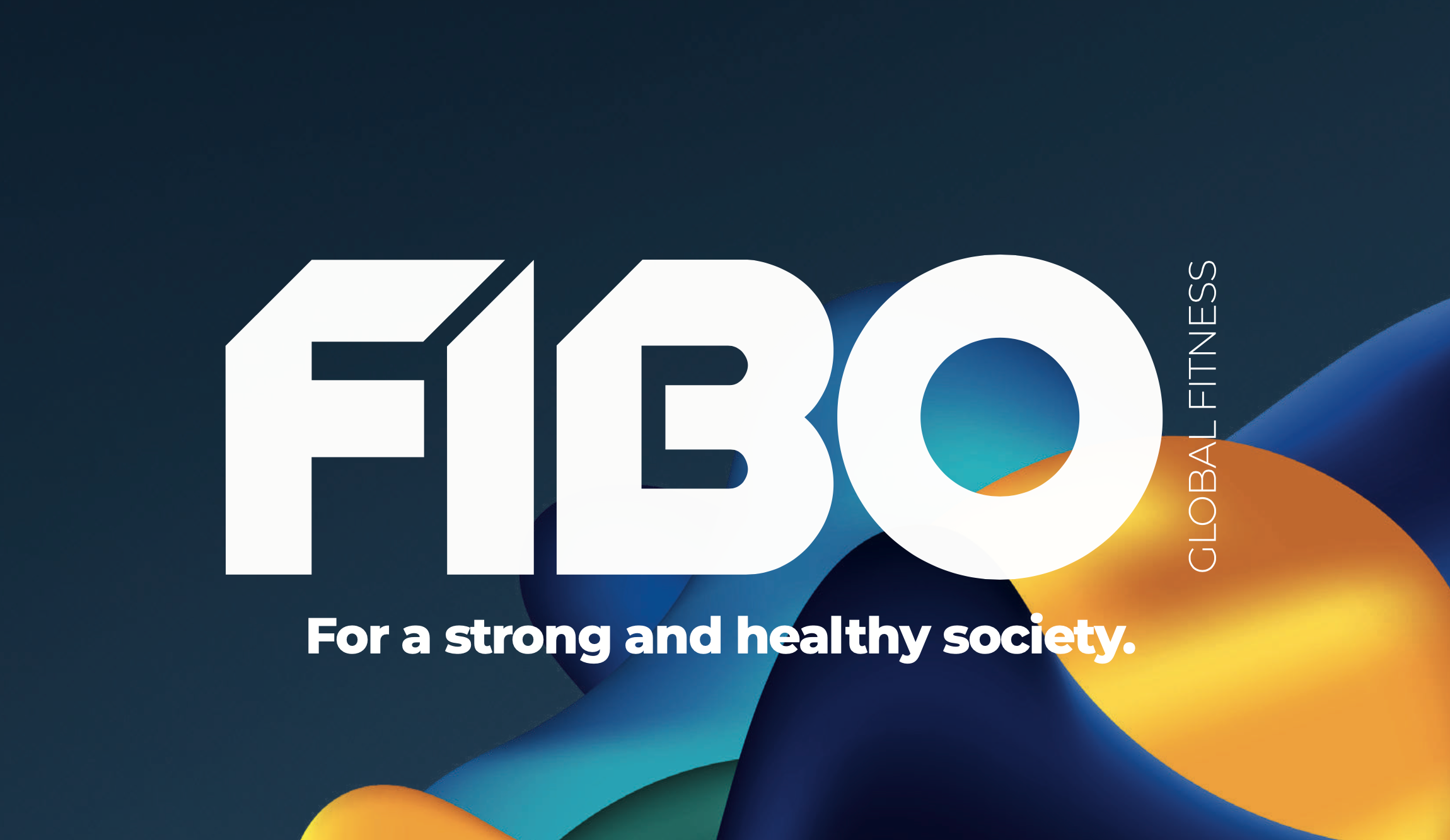
FIBO 2025: Highlights, Trends & Tech with Virtuagym
Explore the biggest fitness trends from FIBO 2025: AI, gamification, holistic health, longevity, personalization, and the future of connected fitness experiences.
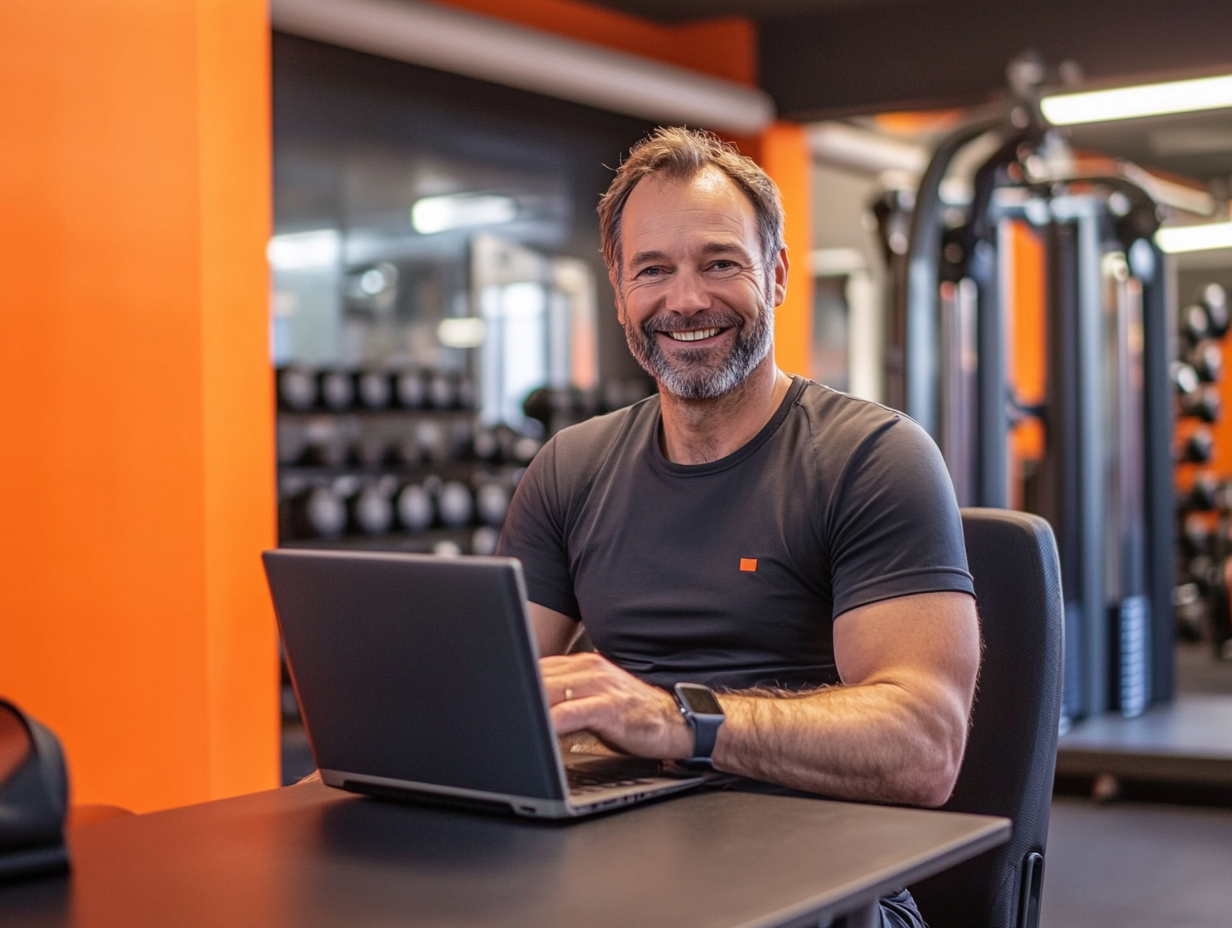
How to become an online fitness coach in 2025: A step-by-step guide
Online fitness coaching guide for 2025 success
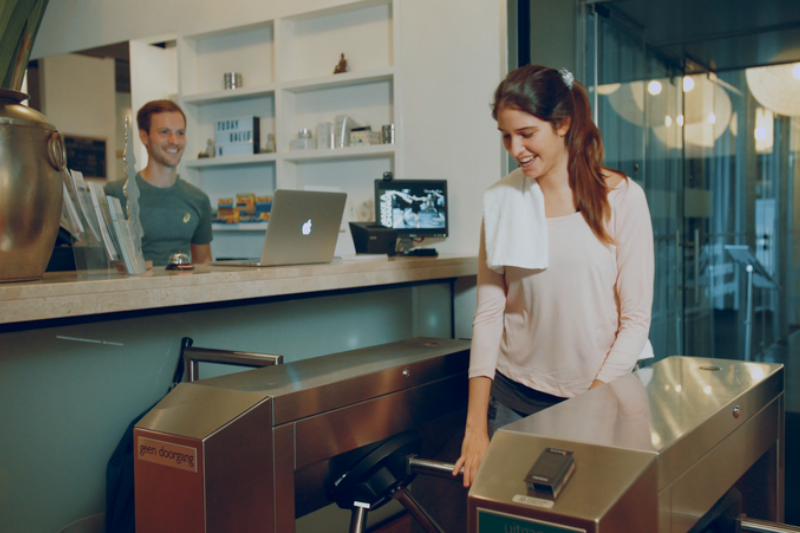
How to run a 24/7 gym
Unlock the benefits of managing your 24/7 gym with software and automation.

Maximize your business this Spring with our ultimate Spring fitness guide
Spring is the perfect time to refresh your gym, re-engage members, and attract new clients. Discover key strategies to boost motivation and make the best season!

How to Open a Pilates Studio {2025 guide}
This guide walks you through the essential steps to open your own Pilates studio, from planning and budgeting to choosing equipment and attracting clients.

How to Start a Bootcamp Business in 2025 {Complete Guide}
Starting a bootcamp business is a smart move. Learn how to choose the right location, attract clients, set pricing, and scale sustainably in this guide.

100+ Personal Trainer Events Ideas to Boost Your Client Engagement
Want to take your personal training sessions to the next level? Check out this ultimate list of 100+ event ideas designed to boost client engagement.

Best Fitness Onboarding Strategies for New Members in 2025
A strong fitness onboarding process is the key to retaining new gym members. Discover the best strategies to keep clients engaged and committed.

How To Make Money as a Personal Trainer with AI in 2025?
AI is revolutionizing the fitness industry, helping PTs save time and boost their income. Learn how to leverage AI for automation, digital products, and growth.
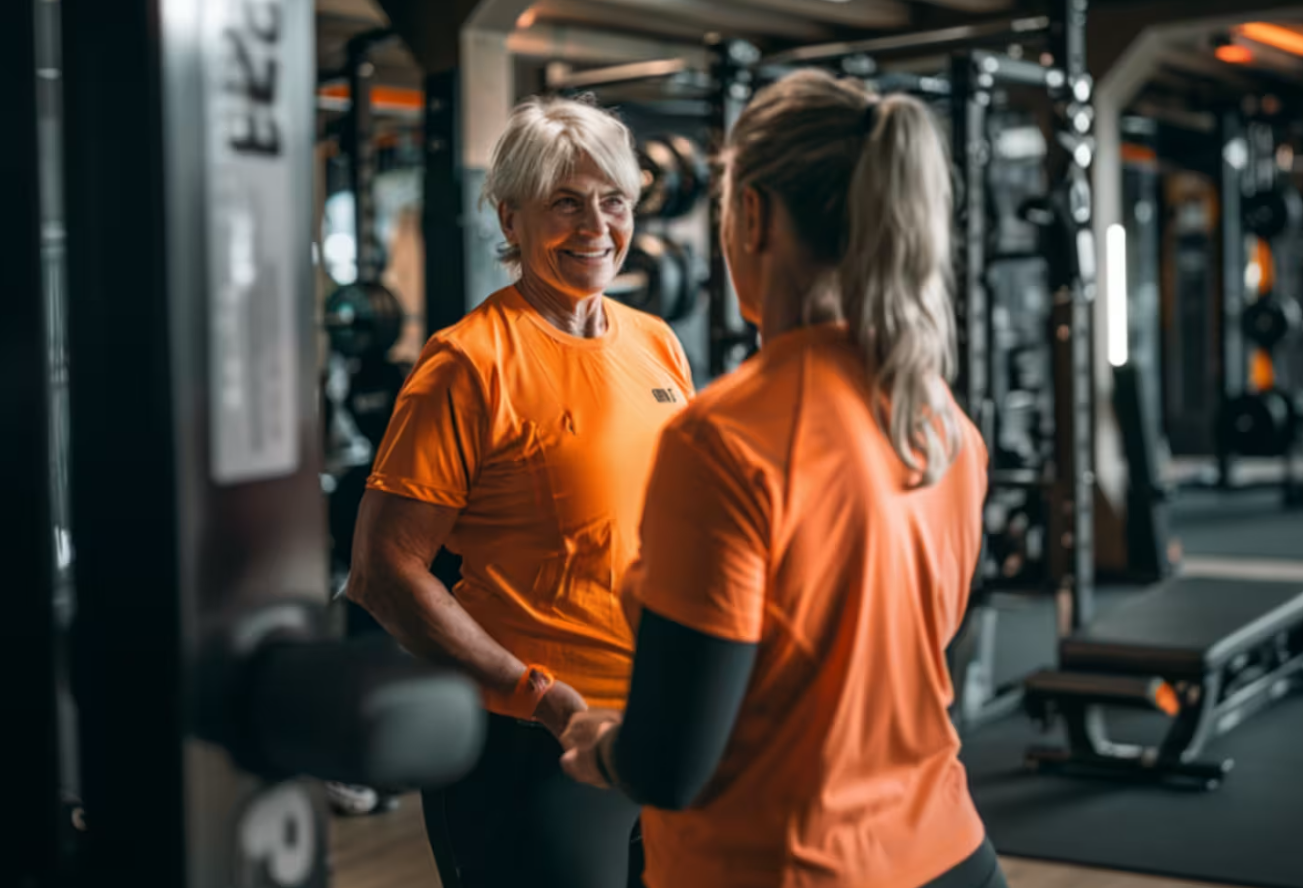
How to create the best customer journey map fitness
Create a customer journey map for your fitness business to attract, engage, and retain members while optimizing every stage of their experience.

Choosing The Right Fitness Technology in 2025 {Full guide}
Stay ahead in the fitness industry with our complete guide to choosing the right fitness technology in 2025. Top solutions for gym management and technology.

Discover How to Create Best Personal Trainer Customer Journey
Explore the 5 Stages of the Personal Trainer Customer Journey to Boost Client Engagement, Improve Retention, and Build Long-Term Loyalty for Sustainable Growth.

Top AI Fitness Tools for Entrepreneurs to Work Smarter
AI is revolutionizing the fitness industry. AI fitness tools that can improve your fitness studio's operations, marketing, and member engagement in our latest guide.
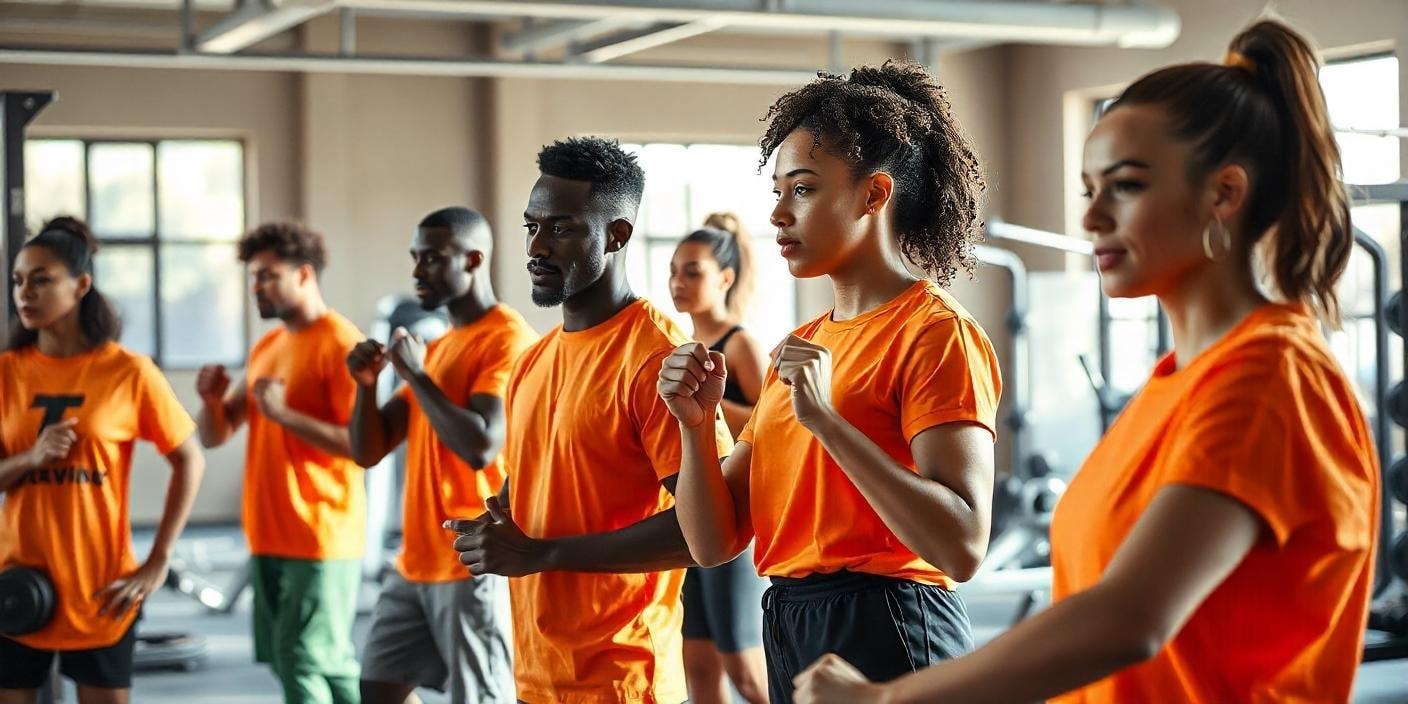
+100 Gym Event Ideas to Boost Your Engagement and Host Successful Gym Events
100+ fitness event ideas to grow your gym and boost retention

Best Wearable Fitness Programs for Studios {complete guide}
Learn how wearable fitness technology can transform your studio, improve member retention, and integrate seamlessly into your business for data-driven success.
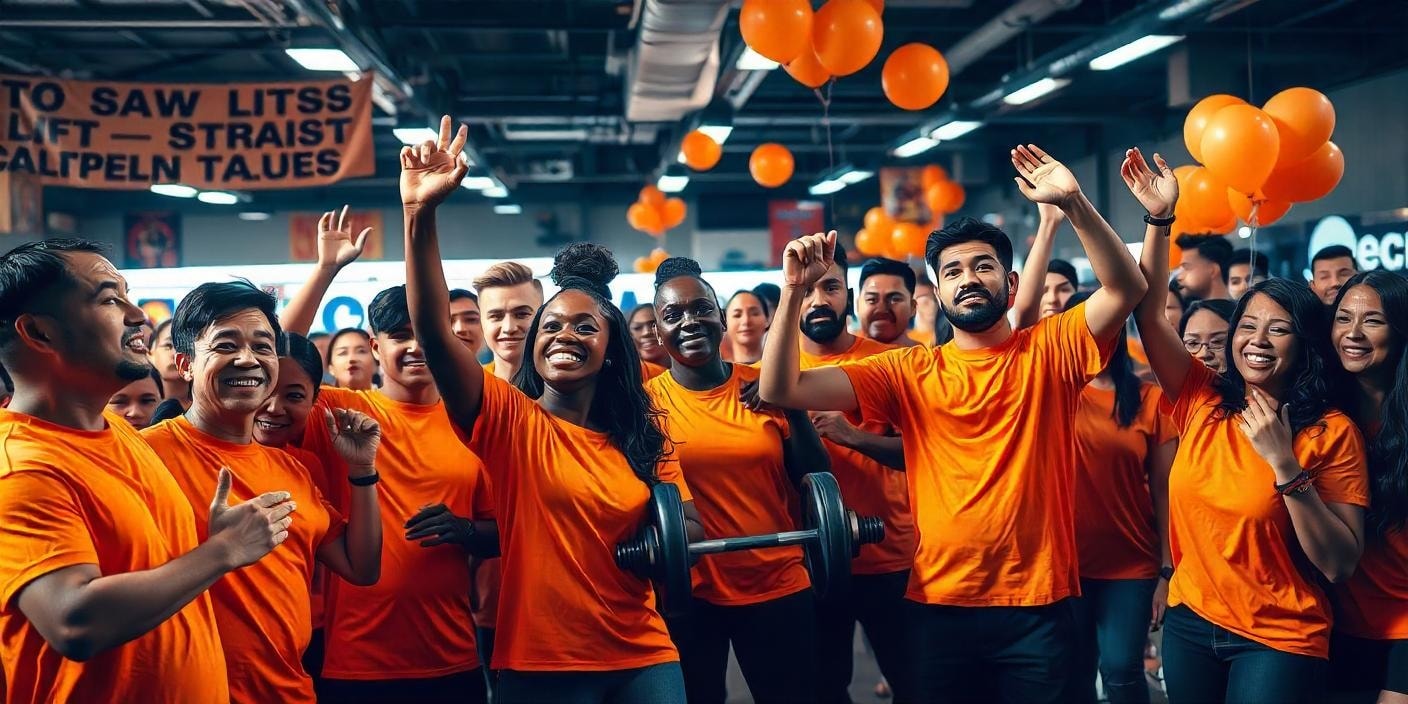
Gym member retention strategies for 2025
Learn key gym retention strategies to reduce churn, boost engagement, and build a loyal member base for long-term fitness business success.

Full Guide to Growing Your Fitness Studio's TikTok Presence
Want to boost your fitness studio’s online presence and attract more clients? This guide breaks down 7 practical steps to help you master TikTok marketing.

Best Personal Trainer App Reviewed by Trainers & Coaches {2025}
Discover the best personal trainer app of 2025 with insights from professional trainers and coaches. We review top apps to help you choose the best one.

Best gym management software solutions for gym owners
Discover the best gym management software revolutionizing fitness center operations. Streamline memberships, scheduling, billing, and empower fitness pros.

AI Fitness Trends for Fitness Studios
Discover the latest AI fitness trends for fitness studios, revolutionizing workouts, training, and member experience with innovative technology.
Best Food Tracking App Tested By Nutrition Coaches in 2025
Explore the best food tracking apps of 2025, tested and recommended by nutrition coaches. Track meals, gain nutritional insights, and optimize your health.

AI transforming fitness studios: how the artificial intelligence is revolutionizing the industry
AI revolutionizing fitness studios: offering personalized workouts, streamlining operations, and improving customer experiences. Learn how to stay competitive.

Best Fitness Apps Tested by Fitness Trainers in 2025
Discover the top fitness apps of 2025 tested and reviewed by fitness trainers. From personalized workouts to nutrition tracking, find the perfect app.

The Wearables Personal Trainer Guide: Integrating Tech into Fitness
Wearable tech is changing the game for personal trainers. Learn how devices like fitness trackers and smartwatches provide real-time feedback.

